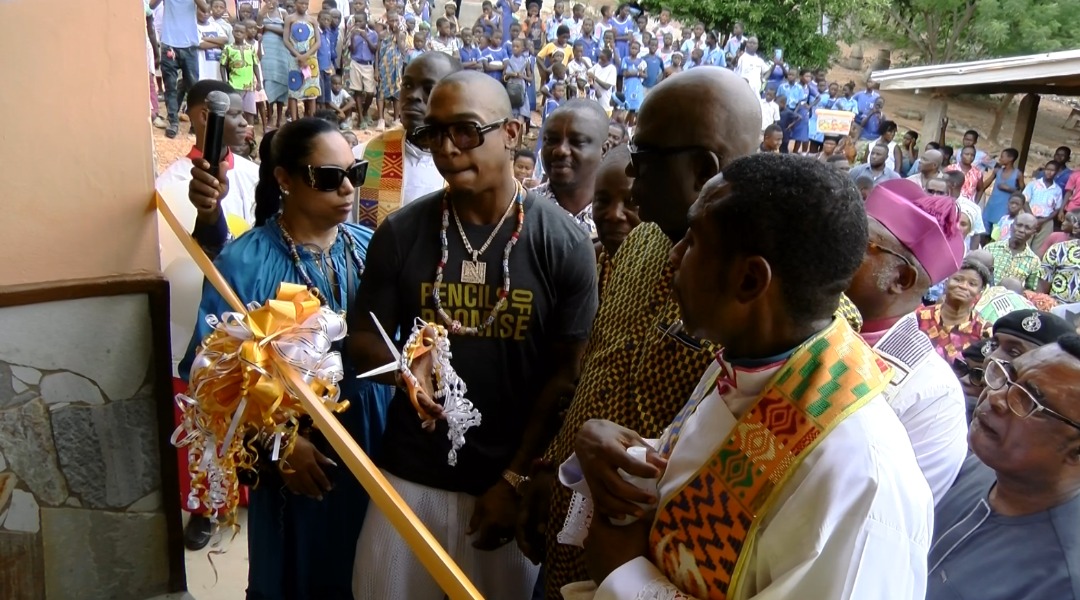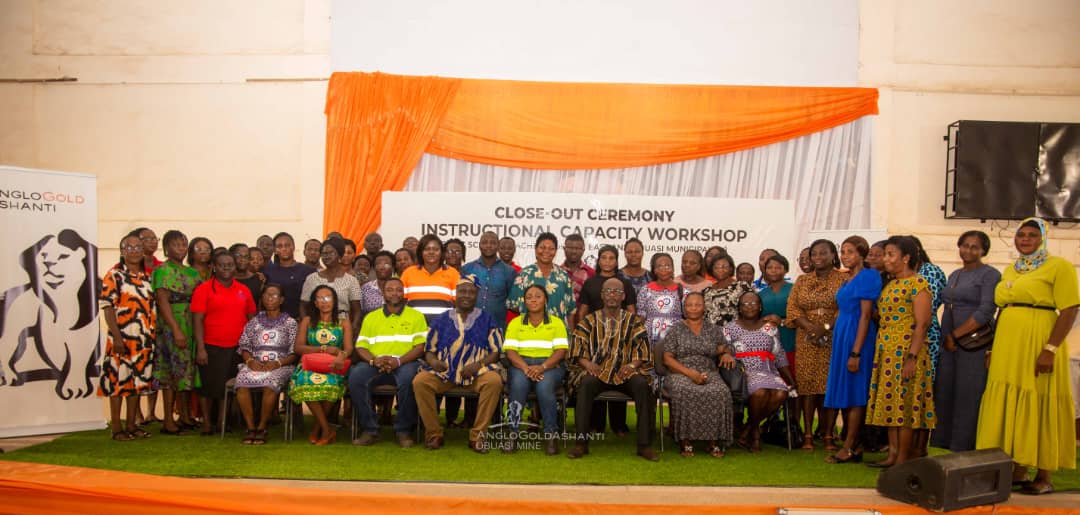ARTICLE AD
STAR-Ghana Foundation, has organised a consultative exercise to solicit views from the public regarding their expectations in political parties’ manifestos for the 2024 general elections.
The exercise provided the platform for participants to share their challenges with access to quality public services in health, education and social protection.
That, according to the organisation, would influence the direction of the parties’ manifestos.
The meetings was attended by participants from the Central, Western and Western North Regions.
The Executive Director of Africa Education Watch, Kofi Asare, in his presentation, underscored the need for political parties to make deliberate efforts at bridging the gap in education between the rural and urban communities, particularly at the basic level.
“And in being intentional in seeking to create a levelled playing field for basic education in rural areas, we must commit mire resources to rural to bring them to the level of the average urban school then we can begin to equally distribute resources,” he added.
Dr Ernestina Tetteh, the Project Manager of STAR-Ghana, in her remarks, underscored the need for the government to increase the budgetary allocation for social protection programmes in the country.
According to her, programmes such as school feeding, Livelihood Empowerment Against Poverty (LEAP) and the National Health Insurance Scheme (NHIS) had to be improved to reflect the current economic conditions pertaining in the country.
The Executive Director of Coastal Television, partners to the project, Selete Nyomi, for his part, called for the decentralisation of all ministries to ease the decongestion in Accra.
That, he explained, would serve as growth poll for the growth and development in various regions.
In her statement, Madam Eunice Rachael Abegbenyadzi, the Head of Programmes, STAR-Ghana Foundation, explained that, the organisation would collate the outcome and suggestions and present them to the manifesto drafting committees of the various political parties.
She noted that, manifestos were important document of political parties which stipulates the direction and commitment of the party in terms of policy.
According to her, the participants highlighted issues of investments into healthcare education and rural-urban disparities in access to quality healthcare.
Some of the participants called for a cut off point for entering into Senior High School (SHS) to compel students to learn, lamenting that the free for all SHS policy had made students lazy.
They further called for more schools for the deaf and dumb across the country to increase access while appealing to government for a more practical technical education to give students adequate hands-on experience.
The participants also expressed the need for government to work towards completing all ongoing health projects in the country.
They also identified inadequate and unfair distribution of specialists, lack of medical equipment in some facilities and exodus of nurses.
The other challenges were poor reproductive health education for the youth, National Health Insurance Scheme, and discrimination against Persons with Disabilities.
FROM DAVID O. YARBOI-TETTEH, CAPE COAST

 1 year ago
74
1 year ago
74 

